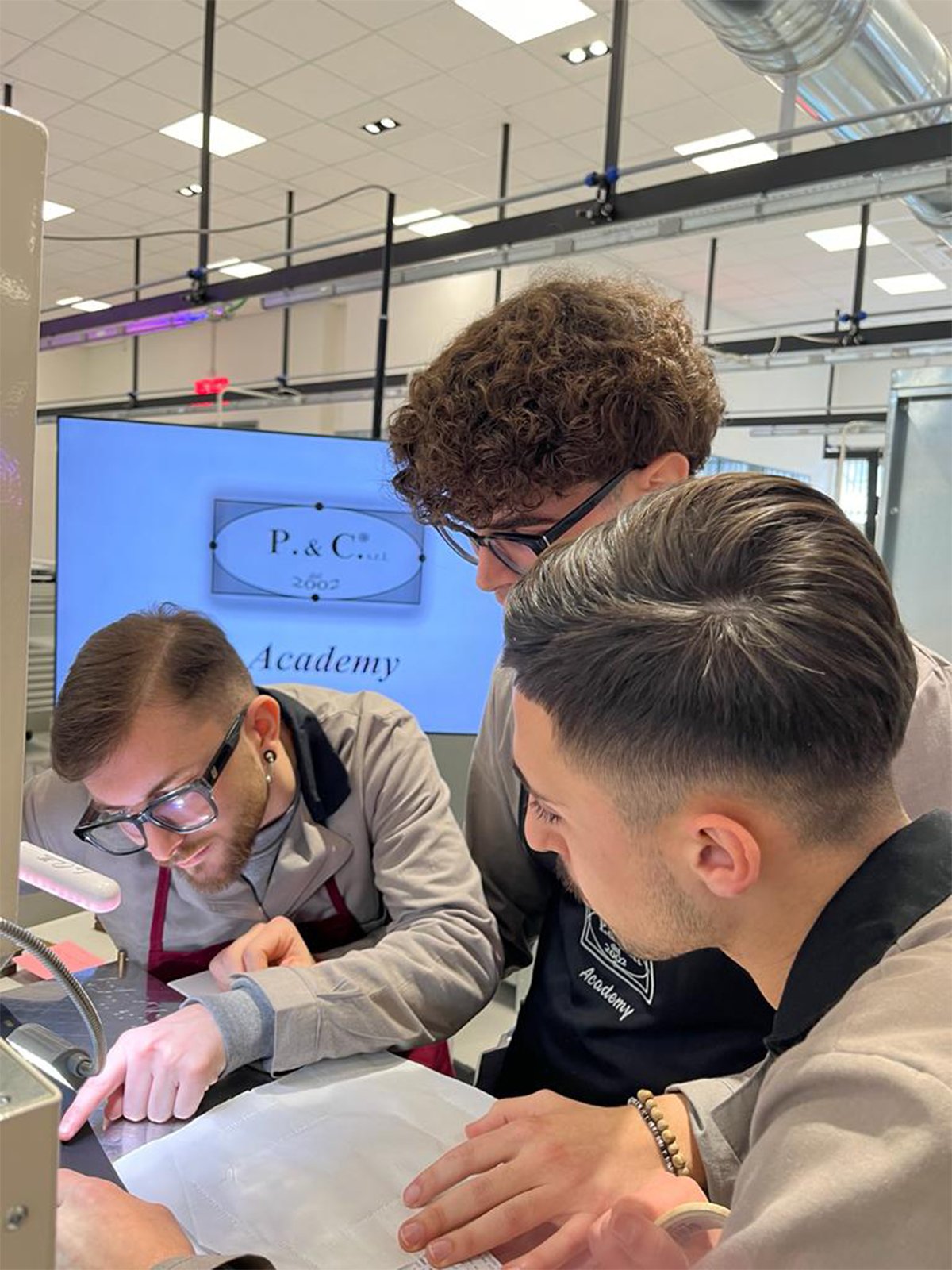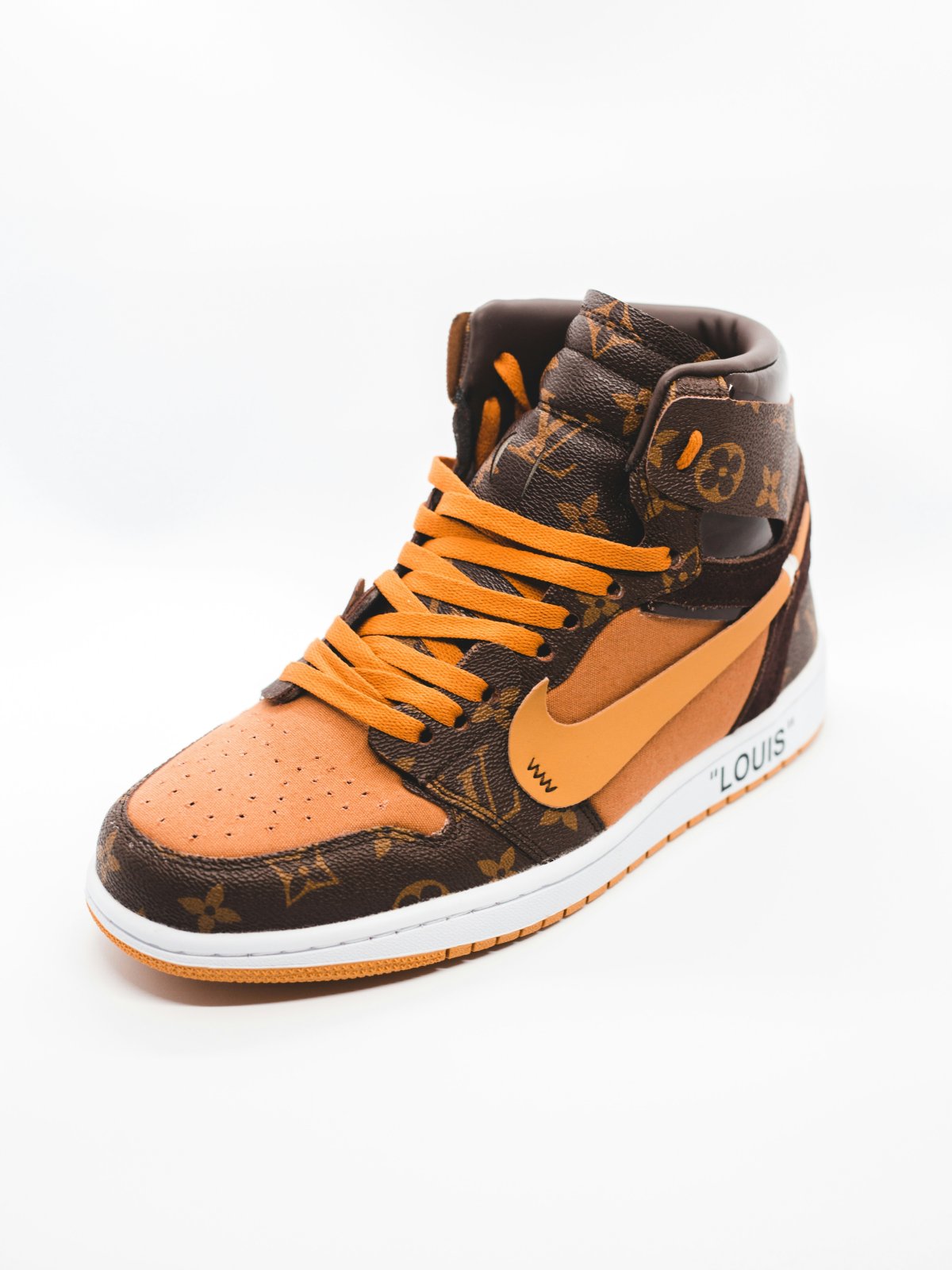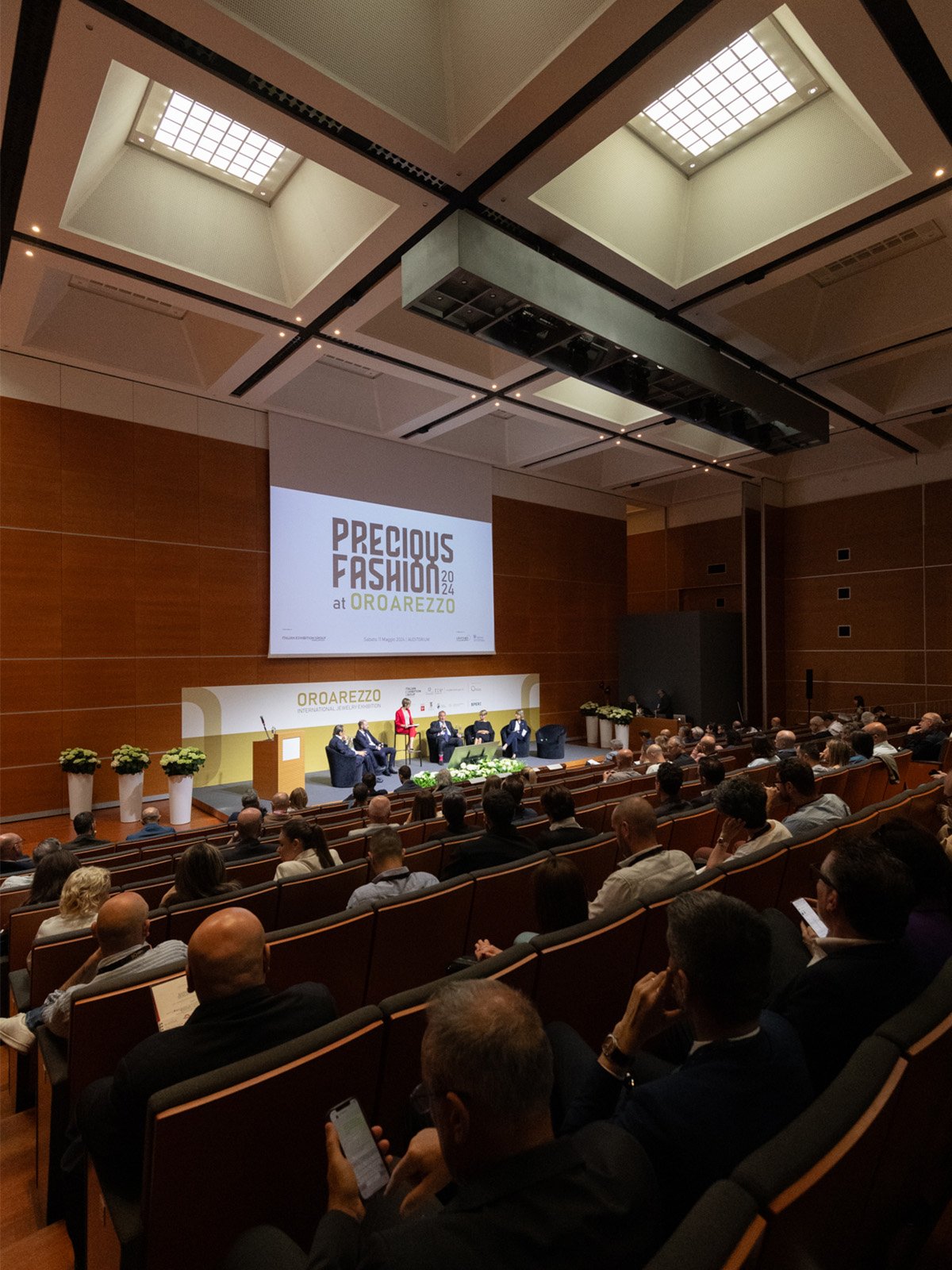News
Digital passport and metal accessory: here's what you need to know

The Digital Passport aka DDP (Digital Product Passport) seems one of the closest turning points for a real shift in the fashion industry towards truly more sustainable, transparent, traceable and conscious production. But are supply chains, the engine of Luxury products, ready to embrace innovation? What are the benefits and difficulties that companies will encounter on this journey?
Amid some no comments, the feelings we gathered from talking to some of the key players in the supply chain, in this case of the metal accessory, are mixed. There is no lack of momentum toward the future and a desire to participate with concrete actions for conscious product production on the part of companies. However, some uncertainties remain about the large-scale applicability of PLR and the sustainability of the costs for companies, especially the smaller ones that make up the productive and social fabric of our country.
What is the DPP?
The PLR is an innovative tool through which companies in the fashion production chain, and beyond, will have to collect and share data on the entire life cycle of their product in a transparent and verified manner. The required list of information on the online liquid identity of each individual item is evolving and changing by category, but from early experiments on the metal accessory, a sketch can already be drawn of what will be required to be reported. For example, there will be data such as the type of alloy used and its composition for each component of the accessory, the category and whether the product is recyclable, the environmental impact in terms of energy resource use for production, ecotoxicity, and human toxicity. The concept underpinning the operation of DPP is blockchain, a decentralized technology that ensures security and smart accessibility to data by the user. The card can be viewed online by scanning a QR code and will be permanently searchable.
According to Fabio Di Falco, Marketing & Customer Support Manager at Legor, an international benefit company serving the jewelry, fashion, and galvanic-industrial sectors, "DPP is a useful tool in perspective because it will help delineate traceability within a very complex and fragmented supply chain such as the metal accessory industry. It will benefit two players above all: the end consumer and the local excellences that will finally enjoy some visibility and recognition for the work they do. The actual operation of the Digital Passport, however, will require a huge effort at the supply-chain, where smaller companies may not be initially structured to adapt to this major change."
When will it go into effect?
The PLR is included within the new Ecodesign for sustainable products regulation, or ESPR. From the latest reports, the protocol is expected to enter into force by 2027 (conditionality is a must) and will apply to a whole range of products placed on the EU market, whether produced inside or outside the Union. The uncertainty about the final date is due to the complexity of the issue. The regulation was scheduled to be published in 2024, then the need to better study the impact of such an important unified system within heterogeneous and complex production chains moved the clock forward. At the moment they are aiming for adoption precisely by 2027 to have most products covered by 2030.
Speaking to Leather&Luxury, Francesco Bencini, General Manager of Creazioni Lorenza, a Florentine company specializing in the production of metal accessories for luxury fashion says: "From a practical point of view, it is still not very clear how we have to move at the company level to adapt to the Digital Passport. Surely this is the future, ethics require us to keep up with all changes to best preserve the environment, protect the consumer and always be competitive in the market. I also hope that the costs that the supply chain will necessarily face to put in place such widespread data collection will be fairly distributed. Sustainability must be sustainable. For everyone."
Digital Passport: who "issues" it?
Software houses dealing with production management systems designed for the fashion industry are already offering their own digital labeling products on the market to be applied to individual product categories. At the institutional level, the Physis Consortium, which brings together some 30 metal fashion accessory players, has among its stated goals the spread of DPP among its members as shown at a recent meeting organized in Florence to introduce itself to the industry. In general, the feeling is that we are at the beginning of a complex road where it will be necessary to find a balance for everyone, as Alessandro Pacenti states. President of Physis: "The adoption of the Digital Passport is absolutely necessary in the near future by companies but, as happens with all changes, it brings with it some critical issues, two being the main ones: traceability and obtaining data from individual companies. Our plan is to put in place an operational homogeneous system that is suitable to satisfy both points and facilitate a process that will enhance our supply chain even more."




















